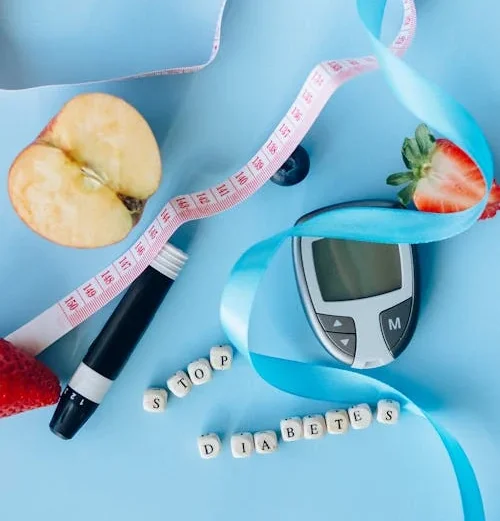While fruits are a cornerstone of a healthy diet, providing essential vitamins, minerals, and fiber, individuals with diabetes need to be mindful of their fruit choices due to varying sugar content and glycemic indices (GI). Consuming fruits with high natural sugars can lead to rapid increases in blood glucose levels, making diabetes management more challenging. Here are six fruits that diabetics are advised to consume in moderation:
1. Watermelon
Watermelon is a hydrating fruit popular during summer months. However, it has a high GI ranging between 72 and 80, indicating that it can cause a swift rise in blood sugar levels. Due to its high natural sugar content, it’s advisable for diabetics to limit their intake of watermelon.
2. Bananas
Bananas are rich in potassium and other essential nutrients. The glycemic index of bananas varies depending on their ripeness, ranging from 42 to 62. Ripe bananas have a higher GI, so it’s recommended for diabetics to choose less ripe bananas and consume them in moderation.
3. Pineapple
Pineapple is known for its sweet and tangy flavor. However, it contains substantial amounts of natural sugars, which can lead to immediate increases in blood glucose levels. Therefore, individuals with diabetes should consume pineapple sparingly.
4. Mango
Mangoes are beloved for their rich taste but have a moderate GI of 51 to 60. They are high in sucrose and fructose, which can cause blood sugar spikes. Diabetics should enjoy mangoes in small quantities to prevent significant increases in blood sugar levels.
5. Grapes
Grapes, though small and easy to overconsume, have a moderate GI. Their size can lead to inadvertent excessive intake, resulting in elevated blood sugar levels. Raisins, which are dried grapes, are concentrated sources of sugar and should also be consumed cautiously.
6. Cherries
Cherries offer numerous health benefits but can have varied glycemic indices, often leaning towards moderate to high. It’s prudent for diabetics to limit their consumption of cherries to maintain stable blood glucose levels.
Considerations Regarding Dried Fruits
Dried fruits, such as raisins and apricots, are dense sources of natural sugars due to the removal of water content, which concentrates their sugar levels. For instance, dried mangoes have a significantly higher sugar concentration compared to their fresh counterparts. Therefore, it’s advisable for individuals with diabetes to consume dried fruits sparingly to avoid unexpected blood sugar elevations.
Balancing Fruit Intake in a Diabetic Diet
It’s a common misconception that individuals with diabetes must avoid all fruits. In reality, fruits can and should be part of a balanced diet due to their nutritional benefits. The key lies in making informed choices and monitoring portion sizes. Opting for fruits with a low to moderate glycemic index and high fiber content can aid in better blood sugar control. Pairing fruits with proteins or healthy fats can also help mitigate blood sugar spikes.
Consultation with Healthcare Professionals
Before making significant dietary changes, it’s essential for individuals with diabetes to consult with healthcare providers or registered dietitians. Personalized advice can help in creating a diet plan that accommodates individual health needs, preferences, and lifestyle, ensuring effective diabetes management.
References:
1. Medical News Today – Discusses fruits to avoid or include in a diabetic diet, emphasizing the importance of portion control and the glycemic index of various fruits.
2. CareArc – Provides insights into specific fruit that may impact blood sugar levels and offers alternatives suitable for individuals managing diabetes.
3. Mayo Clinic – Addresses common myths about fruit consumption in diabetes management and highlights the significance of total carbohydrate intake over sugar content alone.
4. Cleveland Clinic – Offers guidance on the best and worst fruits for diabetes, considering glycemic index and overall nutritional value.
5. Dr. Mohan’s Diabetes Specialities Centre – Explores the impact of various fruits on blood sugar levels and provides recommendations for diabetic-friendly fruit choices.
Read About : Are Menstrual Cups Safe? Health Risks You Need to Know
Visit Us At : https://g.co/kgs/rTqAjgt





